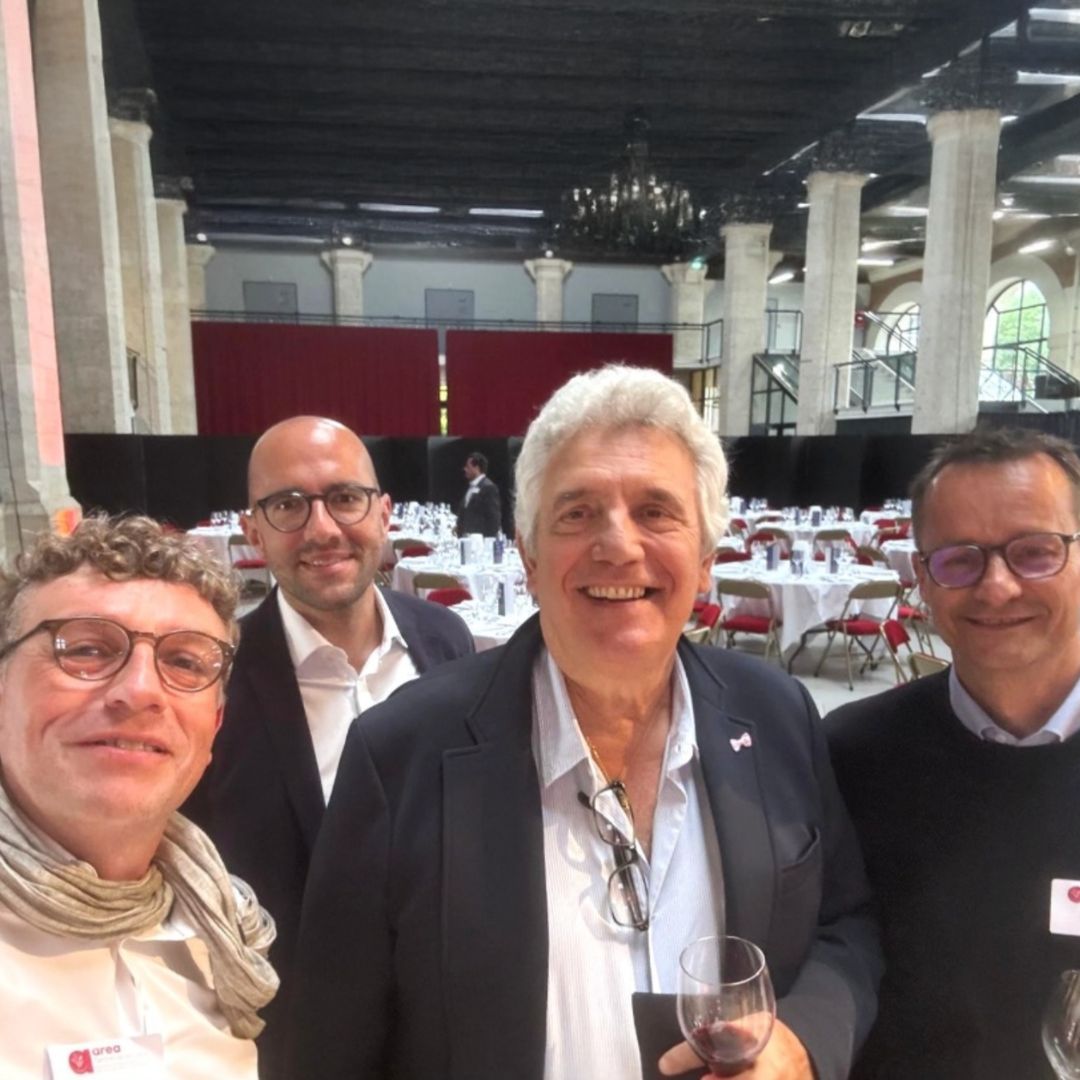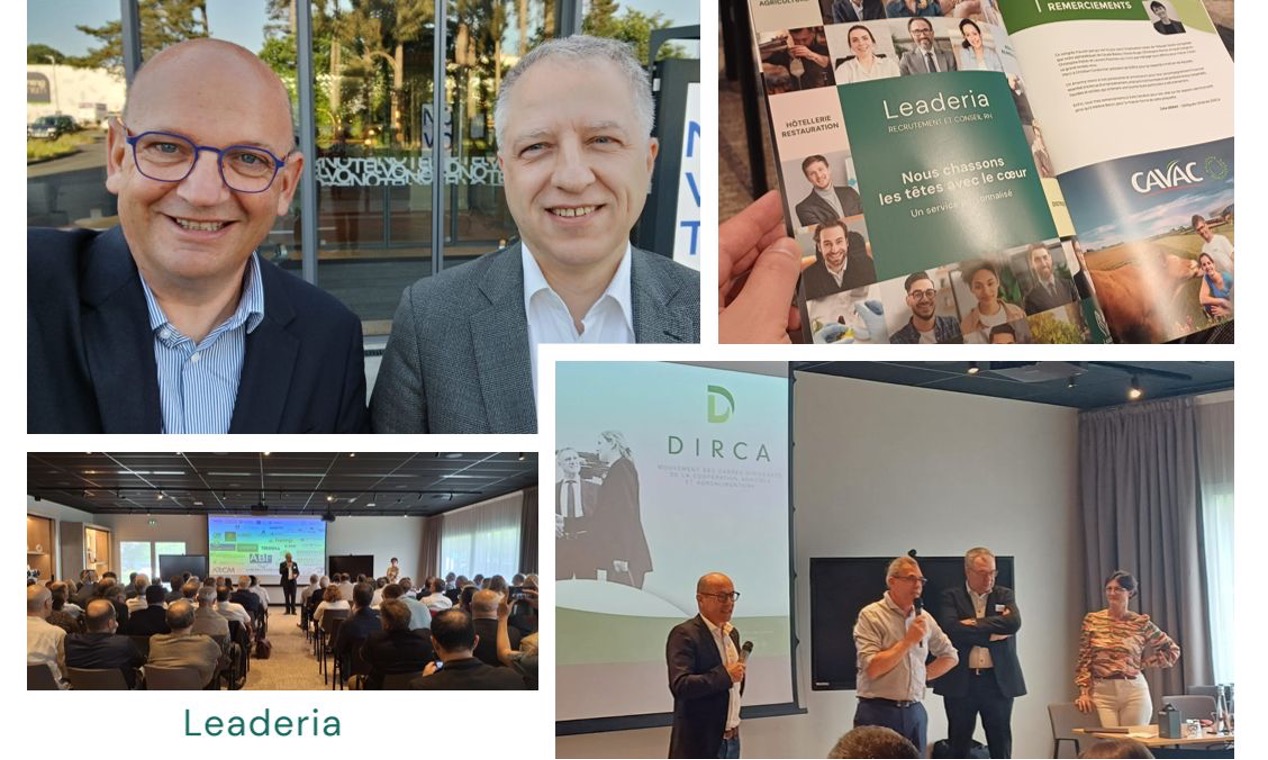
With employees in search of meaning and much more sensitive to the Quality of Life at Work (QVT), the Human Resources department is gradually taking on a more important place within organizations.
The HR of the future must be more and more innovative and take into account the wishes of employees, particularly around 2 themes which seem to be, today, the real HR challenges of tomorrow:
- Strengthening employee engagement
- The implementation of more inclusion and CSR within organizations
Happy teams make committed teams.
Employee engagement is seen as key to fostering productivity and a positive work culture. A recent Gallup poll found that 70% of today’s working people don’t feel engaged in their work.
Conversely, highly engaged employees are found to be much more productive, have much lower absenteeism, and have much happier customers. Unsurprisingly, then, highly engaged teams perform much better than those working solely for pay.
It is therefore time to make commitment one of the priorities within companies, starting with welcoming future employees. Many companies do not yet give enough importance to integration. Presenting the teams, the places, assigning a mentor or sponsor who can accompany and answer questions, providing the resources and tools necessary for good working conditions is an essential step.
The newcomers who are given time to arrive are still too few. Let’s learn to tap into their enthusiasm and make them feel not only welcomed but highly anticipated. The higher the onboarding satisfaction rate, the higher the engagement rate will be.
In the hotel and catering sector, the commitment of the employee must be all the more taken into consideration, as the current situation is marked by the shortage of staff and by complex recruitment. It therefore seems imperative to carry out a real strategy to reinforce satisfaction and give the desire and the means to evolve over the longer term.
Another reason why the hospitality industry suffers from high turnover is the lack of growth prospects. It is necessary to allow its employees to express their potential and not to neglect the importance of training, to be considered as a real investment rather than an expense.
Individual and collective recognition as well as the participation of teams in the construction of objectives are all means that make it possible to strengthen commitment. And since engagement is contagious, employees who are supervised by highly engaged managers are 59% more likely to be so themselves.
Set realistic goals, create a positive work environment, favor transparency! When staff feel that their managers are accessible, open, frank and that they trust them, their satisfaction is 94% and therefore their commitment.
Other levers to put in place to make employees feel good go through thanks and attentions. A quick note for a job well done goes a long way than you might think. More concrete testimonials such as salary increases will always be welcome or else think of small attentions such as cinema tickets, a team meal… Also grant the necessary or exceptional rest for personal reasons which will contribute to having less stressed or healthier teams to come back to work motivated and in top form.
In the sector we are used to saying that “The customer is always right”, but so are the employees and they will be the first ambassadors of your brand and your company.
Take up the challenge of CSR and inclusion!
HR has moved closer to management and now takes part in strategic decisions related to the company, such as the implementation of a CSR policy.
Among the main concerns are: Improving QVT and well-being at work (extremely important for 87% of HRDs), Professional gender equality (83%), Non-discrimination at work (69%) and Reducing carbon footprint (57%)
However, according to the Human & Work Barometer on new HR issues, 76% of HR managers say they have difficulty implementing concrete action plans and mobilizing management and managers on these topics.
The question is no longer whether to do CSR but how?
CSR is a powerful tool for all businesses. It not only represents an effective lever in terms of attractiveness and loyalty for future employees but also for customers. In fact, 33% of consumers turn to brands committed to their social and environmental impact.
Acting as a socially responsible restaurateur also means putting everything in place for ethical and qualitative management of its staff.
Catering is one of the biggest recruiters of interns or work-study students.
The societal impact in favor of the younger generations is distinguished by the welcome that will be reserved for them. It is essential to set up quality internship conditions while respecting the framework (duration and salary) and the person (not assigning them only the thankless tasks).
Inclusion is part of the CSR approach.
To succeed in implementing a comprehensive approach to corporate social responsibility, it is almost imperative to include the issue of inclusion.
This remains another important challenge for HR. The first challenge is to fight against discrimination during the recruitment process.
What is an inclusive restaurant?
This is a project that focuses on the integration of people who are sometimes sidelined in the professional field. Its purpose is precisely to recognize the difference, to accept it and to value it. And contrary to popular belief, the inclusive restaurant is also a very profitable field. He benefits from financial advantages such as the reduction or abolition of the Agefiph contribution, the payment of an allowance to cover various costs such as: training, tutorial, etc. In a context of recruitment tensions, it is more than necessary to open up.
Another reflection is relevant to effectively lead the inclusion of senior profiles and fight against ageism. Employees over the age of fifty must be considered at their fair value and their major asset undoubtedly lies in their experience, their operational experience, their business expertise, their ability to step back and their loyalty. They bring valuable skills that can be passed on to future generations. Concretely, it is a question of promoting mutual learning and team cohesion by respecting differences.
Inclusion has a legal dimension which consists, for example, for companies with 20 or more employees, of employing at least 6% of people with disabilities; for companies with more than 50 employees, to set up an action plan in favor of job seekers over 50 years of age.
“Café Joyeux” among many other projects such as “Le Reflet” in Nantes has been able to provide an innovative solution by creating the first solidarity restaurant in 2017 and has paved the way.
Companies that value singularities in this way manage to increase the commitment of employees who thus find meaning in their work.
Ségolène Saltel for B.R.A. Magazine
These articles might interest you

We Almost Played Handball with Claude Onesta
Leadership and Performance: What Companies Can Learn from Elite Sports At the AREA Centre-Val de Loire Gala, Claude Onesta, former head coach of the French handball team, delivered an inspiring and practical management lesson by blending his elite sports experience with business challenges. Aurélien VÉTAULT and Louis-Simon FAURE were present to hear a […]

We visited… The DIRCA congress in Angers
Leading Through Uncertainty: Key Takeaways from the DIRCA Annual Congress As agricultural and agri-food cooperatives face a series of profound changes — environmental transitions, regulatory pressures, and technological upheaval — the question of leadership has never been more central. The 2025 DIRCA Congress, the annual gathering of senior executives from the agricultural and agri-food cooperative […]

Interim management: when experience meets AI
From the ground to the table, AI will have taken just a few months to establish itself at every level of the value chain and reshuffle the cards. AI is optimising logistics, reducing waste and streamlining customer paths. The key role of interim management But while […]